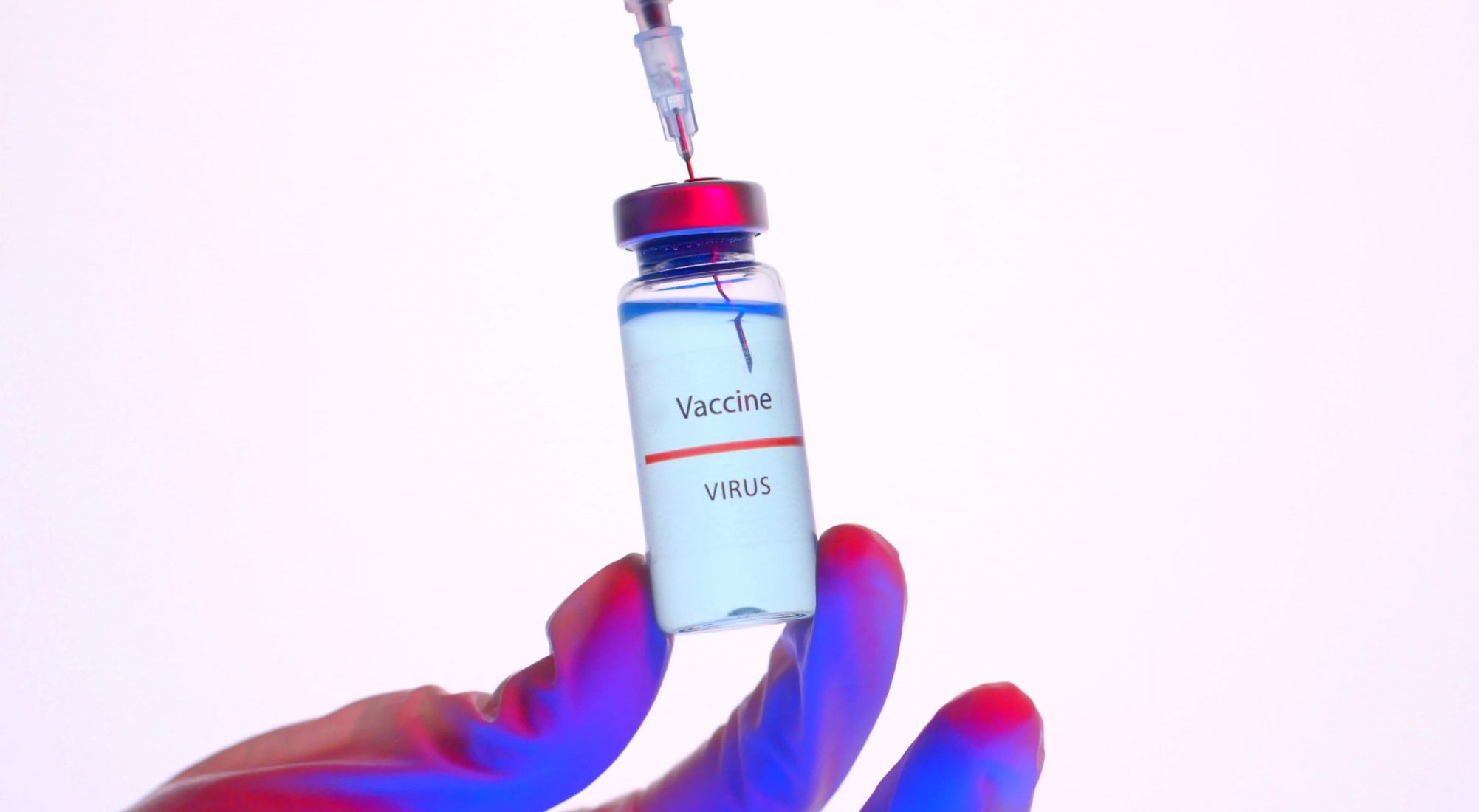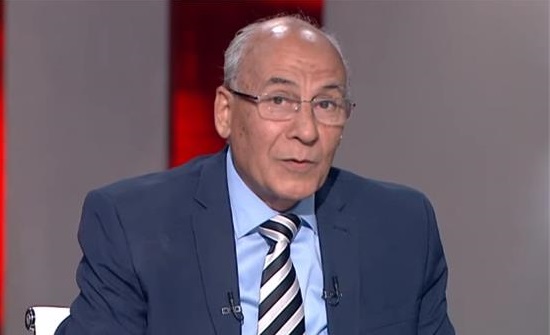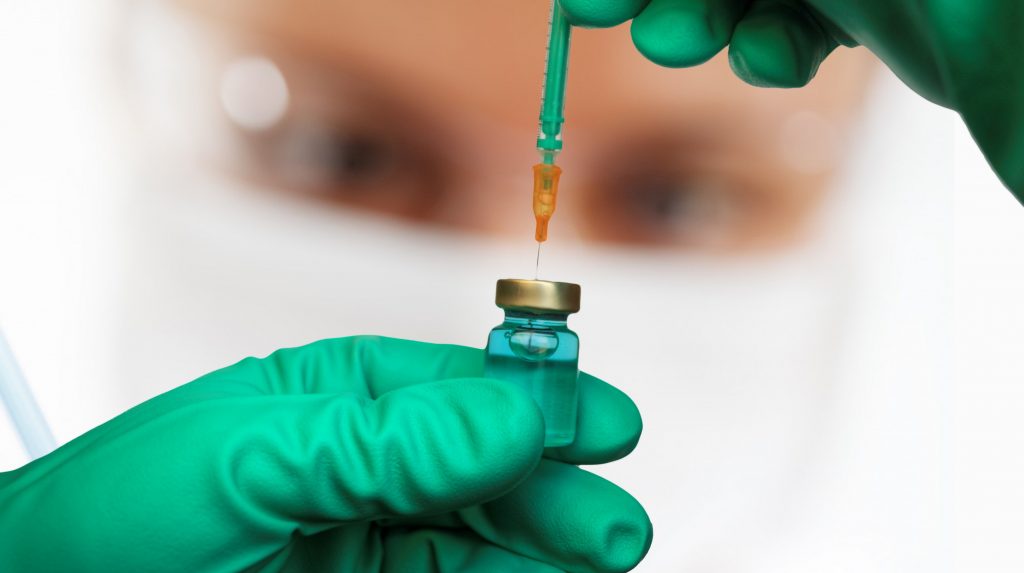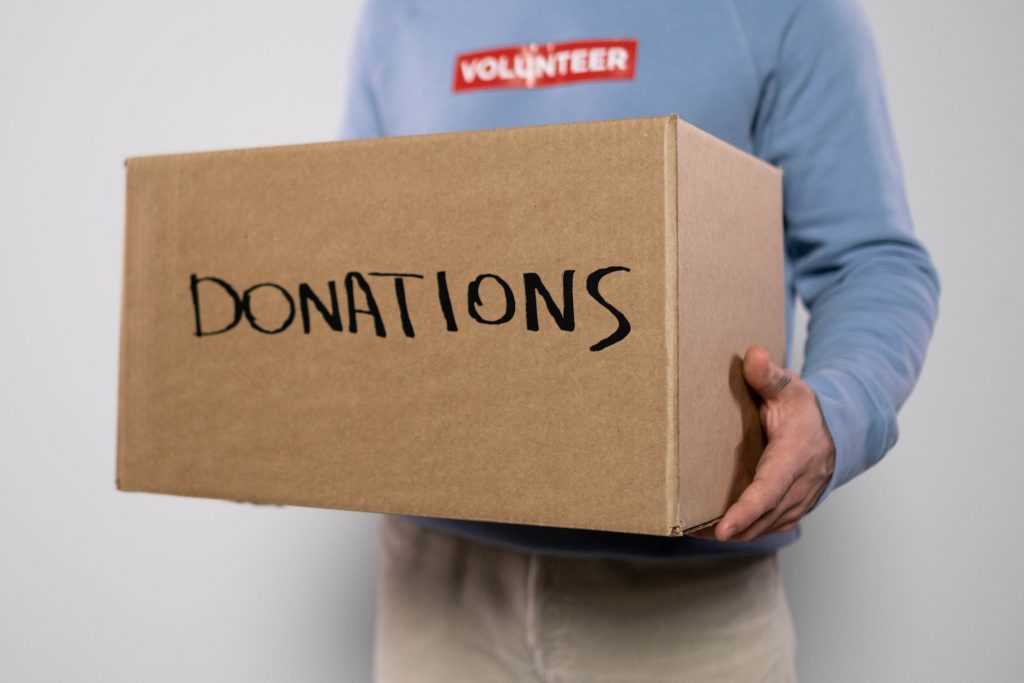
The world breathed a sigh of relief when the first vaccine against COVID-19 was approved in November. After months of lockdowns, curfews and financial losses, there was an end in sight to a painful pandemic.
As of mid-June, 3.1% of the Egyptian population had received at least one dose of the vaccine, according to Our World in Data, a science website. With the Ministry of Health and Population (MoHP) doubling down on its efforts by opening new vaccination centers and launching awareness campaigns, the number of people vaccinated should continue to rise at a faster pace.
The goal is to reach herd immunity, defined by the World Health Organization (WHO) as “indirect protection from an infectious disease that happens when a population is immune either through vaccination or immunity developed through previous infection.” That can be achieved when 50% to 90% of a population is immune.
However, some see Egypt’s road to herd immunity riddled with obstacles, while others believe it might be reached sooner than expected if the government makes it a priority.
Vaccination efforts
Hala Zaki, a credit manager at a leasing company, registered for the vaccine in late February, as soon as it was available. She knew right away she wanted it because “it’s the only way out.” However, when a month passed without getting her appointment, she called the MoHP hotline to change her location preference. She then got the appointment that same night.
The system is designed to prioritize healthcare workers followed by people of any age with three or more chronic illnesses, then two, then one, followed by anyone 65 or older. “This is according to the priority set by the WHO to vaccinate those at most risk,” Haitham Salah, aid to the MoHP minister, told Al Hekaya Ma’ Amr Adib, a talk show. In March, when the system allowed anyone over 18 to register, they were added to the end of waiting lists. As a result, some vaccination centers were flooded with requests, forming very long waiting lists, while other centers were relatively empty.
When the vaccine was launched, there were only 40 inoculation sites in Egypt. By mid-March they tripled to 138. By that time, however, people most at risk had already registered at one of the crowded initial 40 centers, and there was a brief period when people not at risk were being vaccinated ahead of those who were, Salah said. That was solved by diverting requests to centers near the ones initially requested.
As of June, there were more than 400 centers in Egypt administering the Oxford AstraZeneca and Sinpharm vaccines. Zaki, who takes chemotherapy pills, has received both doses of Sinopharm, which were reserved for people at risk at the time.
No one interviewed reported any trouble at vaccination centers. “It was very smooth. From the registration to waiting to get the vaccine, I didn’t stay for longer than an hour,” says Hatem Youssef, a business consultant with blood pressure issues who received his appointment in early May. Youssef is awaiting his second dose of the AstraZeneca vaccine in late July.
Heike Schumann, a German citizen living in Cairo and thus entitled to receive a vaccine, reported some difficulty picking a location when registering, but otherwise described the process as “very straightforward.” Schumann is waiting for her second dose of AstraZeneca vaccine.
In May, China’s state-run Xinhua News Agency reported Egypt had received the raw materials to manufacture Sinovac, China’s other vaccine. Production by the Egyptian Holding Company for Biological Products and Vaccines started in June with a rollout expected in July.
According to Khaled Megahed of the MoHP, Egypt is set to receive 40 million doses of the Russian Sputnik vaccine and 4 million of the American single-dose Johnson & Johnson vaccine. However, Megahed, speaking to Youm7, did not disclose when the government would receive those shipments.

Economic recovery
As the number of vaccinated Egyptians increases, the government is moving to make up for lost opportunities and monetary losses. One sector bouncing back is tourism. The MoHP announced at a press conference in early June that all employees in key locations in the Red Sea and South Sinai had been vaccinated. “Vaccinating our staff is just one measure we are taking to ensure that tourists can return to Egypt’s crown jewels safely, quickly and confidently,” said Minister of Tourism and Antiquities Khaled El-Enany.
Ahead of the peak summer months, the tourism ministry hopes for a continued resurgence of visitors. In January, Egypt welcomed 300,000 tourists and in April that number increased to 525,000. “We are opening our doors and extending a warm invitation to people from around the world who are fed up with staying at home and desperate to travel for their summer vacation,” said El-Enany.
With Europe opening back up, Egypt is well positioned to recover some of its 2020 tourism losses. “It’s not only about policy and politics, it’s about people who are scared to travel and we will have to convince them. We have to make them feel safe traveling in a responsible way, and that it’s not dangerous,” said Zurab Pololikashvili, secretary-general of the World Tourism Organization, during a trip to Egypt in August.
Nonetheless, Egypt will not recover its economic losses without the rest of the world recovering. Egypt’s main trading partners — the EU, United States, Italy, Spain, China, Turkey, the U.A.E. and Saudi Arabia — were among countries hit hardest by the pandemic, having “all but halted their industrial and manufacturing activity,” according to a March 2020 economic research report by AmCham Egypt.
A year later, the focus remains on containing the virus. A research paper by McKinsey & Company said, “Governments must slow the spread of the virus before opening up parts of the economy.”
Not so fast
As the WHO stressed on several occasions, the way out of the pandemic is working together on national and international levels. “Equitable access to a vaccine, particularly protecting healthcare workers and those most at risk, is the only way to mitigate the public health and economic impact of the pandemic,” the WHO said on its COVAX website, a global initiative to deliver vaccines to developing countries. Egypt has received some of its doses through the COVAX agreement.
Given the current pace of vaccinations, however, herd immunity in the country would take decades to achieve. Nader Saad, spokesman for the Council of Ministers, told Al Hayah news channel that Egypt is looking to have 50% of the population vaccinated by the end of 2021. That would mean increasing vaccinations to nearly 500,000 a day. The ministry announced in May its website was registering 300,000 per day.
It is uncertain whether enough people actually want to be vaccinated. Mohammad Badawi, who works at a private university, decided not to get vaccinated. “I [am] against the vaccination for healthy people, [as] COVID-19 won’t be as fatal as some of the vaccination side effects,” he says. However, he encouraged his parents, who both have chronic illnesses, to get vaccinated.
Additionally, registering elderly people for vaccines using a website can be problematic. It was Badawi’s sister who registered their parents for the vaccine. Several people report registering elderly parents or older family members who can’t navigate the website themselves.
Moreover, only 57.3% of the Egyptian population has internet access, according to the latest figures by the World Bank.
With both AstraZeneca and Sinopharm approved only for adults, Egypt faces a further problem with about 40% of its population under the age of 18. Only the American-made Pfizer-BioNTech vaccine is approved for children aged 12 to 17, with current trials testing it for use on children as young as five, according to Reuters. No Pfizer vaccines have been available in Egypt.
One way to entice people to get vaccinated is through incentives. The United States has adopted a novel approach to lure unvaccinated people to get a shot, including beer, marijuana, prepaid debit cards, college scholarships and a chance to win $1 million. “I think that incentivization for a desired public health behavior is absolutely appropriate and has been actually shown to be already [effective] in the vaccine campaign,” said Monica Gandhi, a professor at the University of California, San Francisco, School of Medicine.







